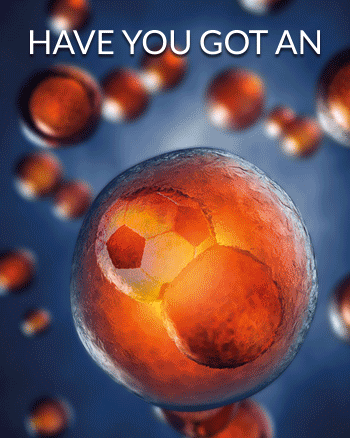Keywords
EGD, oesophagogastroduodenoscopy, pancreatitis, gastroscopy, endoscopy
Abstract
Background: Acute pancreatitis is a common cause of hospitalisation characterised by inflammation of the pancreas. While mechanical, toxic and iatrogenic factors typically cause it, post-oesophagogastroduodenoscopy (EGD) pancreatitis is extremely rare. This report examines a case of acute pancreatitis following EGD, aiming to highlight this rare but significant complication.
Case description: A 46-year-old woman with a history of breast cancer, anxiety, vitamin D deficiency and gastro-oesophageal reflux disease underwent an EGD, which revealed and led to the removal of duodenal polyps. Six hours post-procedure, she presented with severe abdominal pain radiating to her back, accompanied by nausea. Laboratory results indicated elevated lipase levels, and a computed tomography (CT) scan confirmed acute pancreatitis. The patient was managed with aggressive fluid resuscitation, bowel rest and pain management, leading to an improvement in her condition and subsequent discharge. We believe that the pancreatitis was likely caused by the use of cautery during the endoscopic mucosal resection of duodenal polyps.
Conclusion: This case underscores the need for clinicians to recognise acute pancreatitis as a potential complication of EGD, especially in the absence of other common risk factors.
References

Views: 0
HTML downloads: 0
PDF downloads: 0
Published:
2024-07-01
Issue:
2024: LATEST ONLINE
(view)










